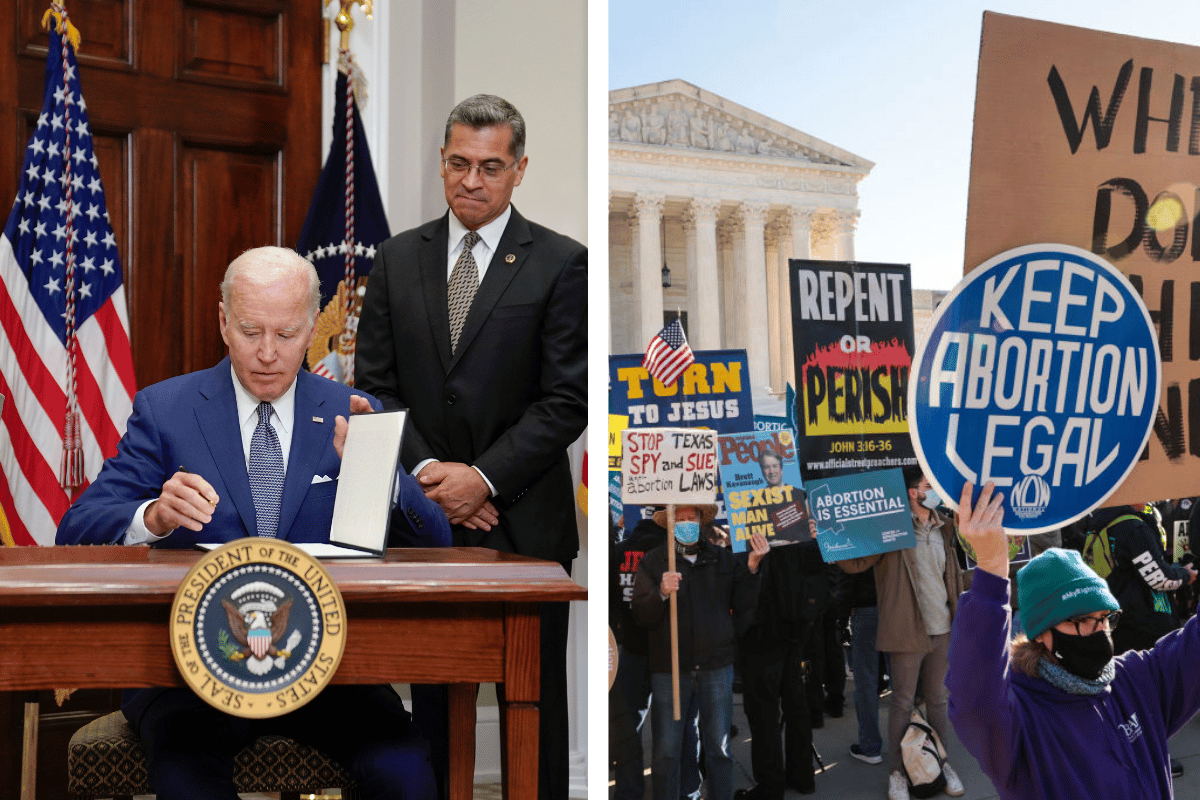
Two weeks ago, the US Supreme Court overturned the landmark 1973 Roe v. Wade ruling that recognised a woman's constitutional right to an abortion and legalised it across the country, handing a momentous victory to pro-life advocates who want to limit or ban the procedure.
The court, in a 6-3 ruling powered by its conservative majority, upheld a Republican-backed Mississippi law that bans abortion after 15 weeks.
The vote was 5-4 to overturn Roe, with Chief Justice John Roberts writing separately to say he would have upheld the Mississippi law but not taken the additional step of erasing the precedent altogether.
The justices held that the Roe v. Wade decision that allowed abortions performed before a fetus would be viable outside the womb - between 24 and 28 weeks of pregnancy - was wrongly decided because the US constitution makes no specific mention of abortion rights.

Top Comments